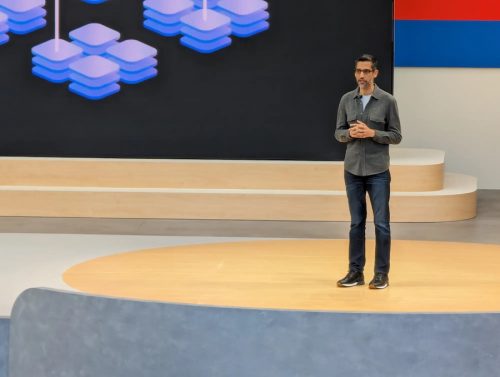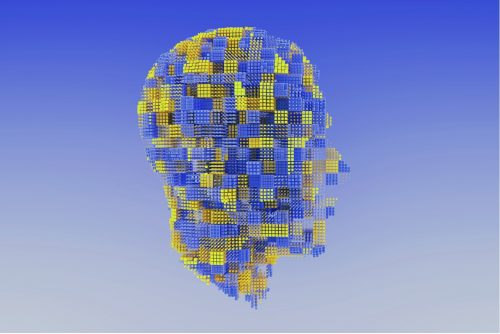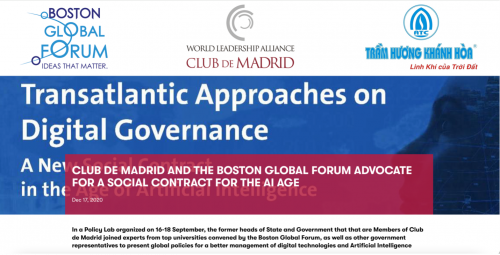Is it right, and this will be my last and third remark, to take the multilateral agreement on the Law of the Sea, which is a United Nations Agreement, as a model for our work on AI? The multilateral agreement on the Law of the Sea is the biggest binding convention of the United Nations. And I would say, having in mind the ambition to have as many countries on board as possible as a precondition for a global AI accord working, I think that makes the Law of the Sea a great model.
Second, the Law of the Sea at the time was extremely innovative in dealing with a space which was largely unexplored, out there beyond the sight of the coast, 70% of the space of the world and so deep at certain places that no men had ever seen the bottom of what was being regulated in binding international law. This was exactly the reason that states got together and agreed on, if you look at them today, amazing principles of a binding nature because everyone understood that this new frontier, the ocean being at the beginning of exploitation, deep sea mining and other forms of economic and scientific activity, needs common rules to avoid conflicts in the future.
And the United Nations and states went very far on this. They even set up a court and a dispute settlement system which today works fairly well.
So, I think we should have our ambitions high, go beyond just repeating non-binding types of principles which we already find in the OECD code and in many ethic codes, focus on the specific nature of AI as a technology which provides us with the opportunity to set out principles on which agreement is possible, and we should aim for binding rules because we are dealing with power relations here and a matter of greatest importance both for states as well as natural persons.










